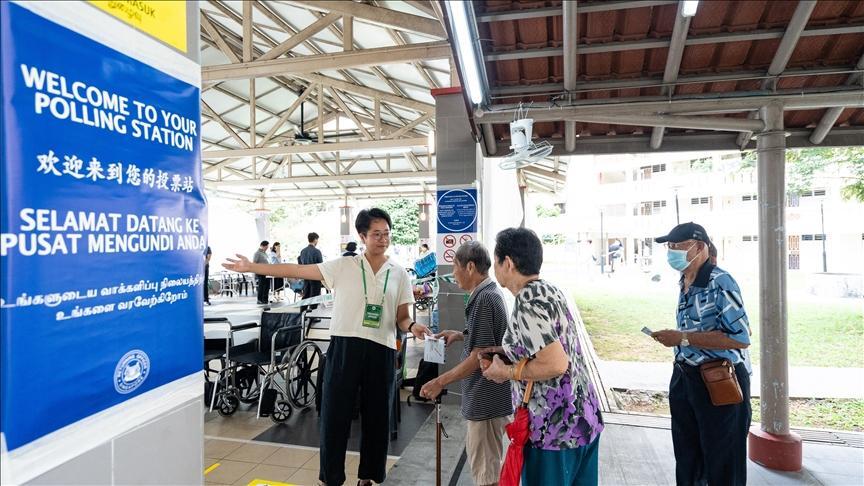
Singapore Heads to Polls as PM Wong’s PAP Seeks 14th Straight Win
Singapore, a country known for its stability and prosperity, is gearing up for its 14th general elections on Saturday. The People’s Action Party (PAP), led by Prime Minister Lawrence Wong, is seeking to maintain its dominance in the country’s political landscape, having won every election since Singapore gained independence in 1965.
The voting process is compulsory for over 2 million registered Singaporean voters, who will cast their ballots till 8 pm local time. The outcome of the elections is of great significance, as it will determine the direction of the country’s politics and governance for the next five years.
The PAP, which has been the ruling party since Singapore’s independence, has been instrumental in shaping the country’s economic prosperity and social stability. Under the leadership of Prime Minister Lee Hsien Loong, who stepped down in 2023, the party has implemented various policies aimed at boosting the economy, improving healthcare, and enhancing education.
However, the PAP has faced increasing challenges in recent years, particularly from the opposition parties. The Workers’ Party (WP), which has been the main opposition force in the country, has made significant gains in recent elections, winning 10 seats in the 2020 general elections.
The WP, led by Secretary-General Pritam Singh, has been critical of the PAP’s governance and has promised to bring about change to the country’s politics and economy. The party has pledged to reduce the cost of living, improve public housing, and enhance healthcare services.
Other opposition parties, such as the Progress Singapore Party (PSP) and the Singapore Democratic Party (SDP), are also contesting the elections. The PSP, led by former PAP MP Tan Cheng Bock, has been gaining popularity, particularly among older Singaporeans who feel that the PAP has forgotten their concerns.
The SDP, led by Secretary-General Chee Soon Juan, has been a vocal critic of the PAP’s human rights record and has promised to bring about greater transparency and accountability in governance.
The elections are also significant because they come at a time when Singapore is facing various challenges, including rising inflation, increasing housing costs, and a rapidly aging population. The PAP has promised to address these issues, while the opposition parties have criticized the government’s handling of the economy and social welfare.
In the lead-up to the elections, both the PAP and the opposition parties have been engaging in intense campaigning, with Prime Minister Wong and other PAP leaders crisscrossing the country to rally support for the party. The opposition parties have also been active on the ground, holding rallies and town hall meetings to connect with voters.
As the elections approach, it remains to be seen whether the PAP will be able to maintain its dominance or whether the opposition parties will be able to make significant gains. One thing is certain, however, the outcome will have a significant impact on the country’s politics and governance for years to come.
Stay tuned for live updates on the Singapore general elections 2025 on Moneycontrol



